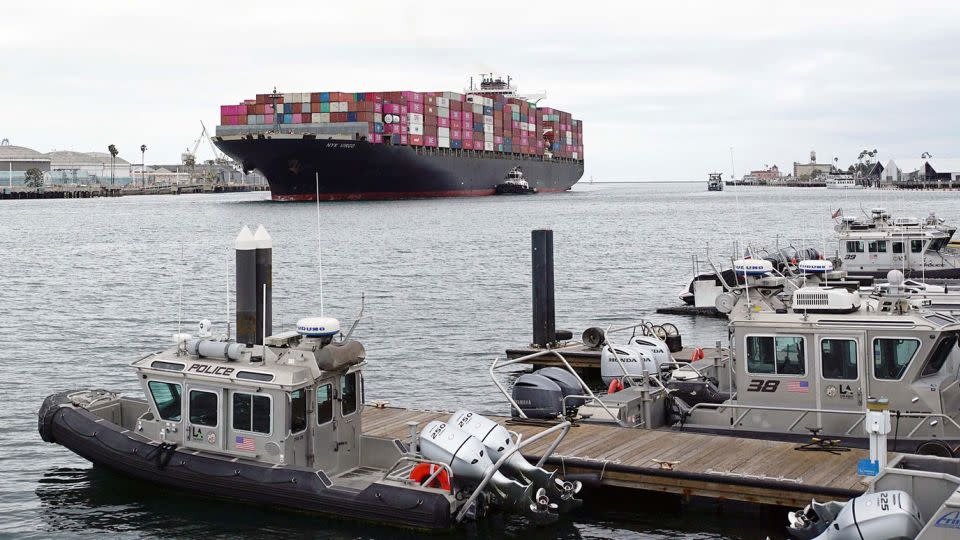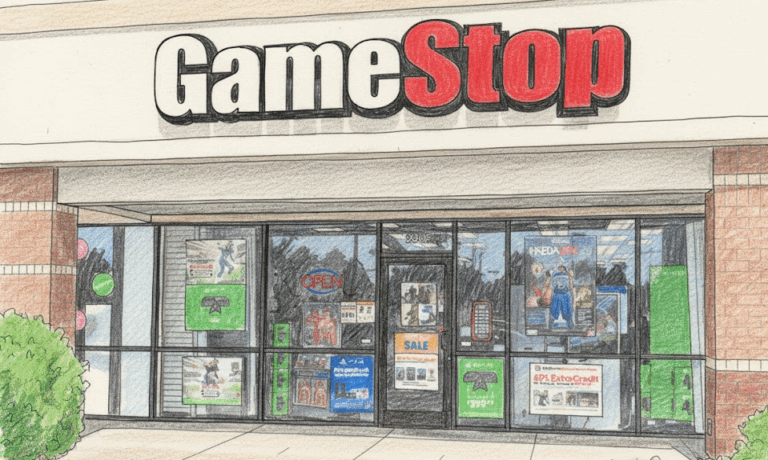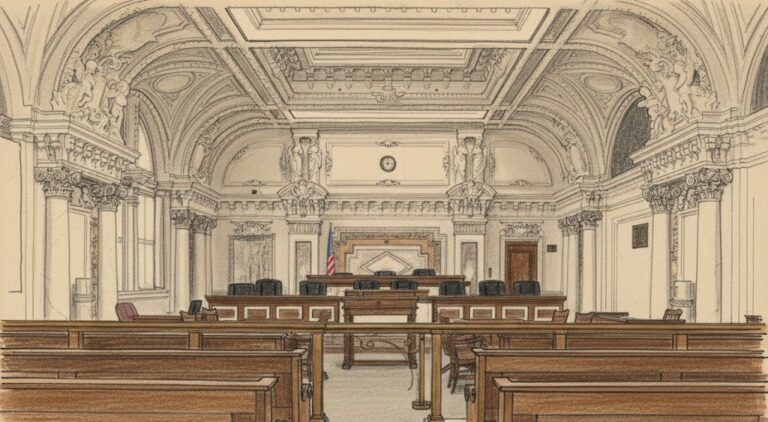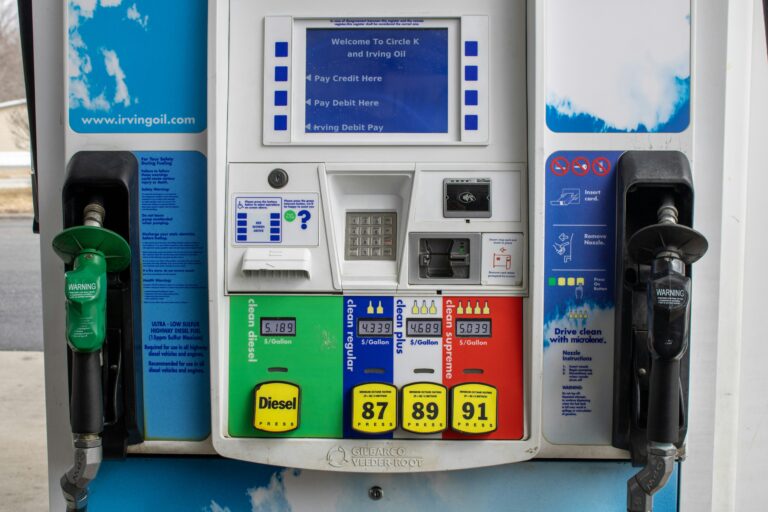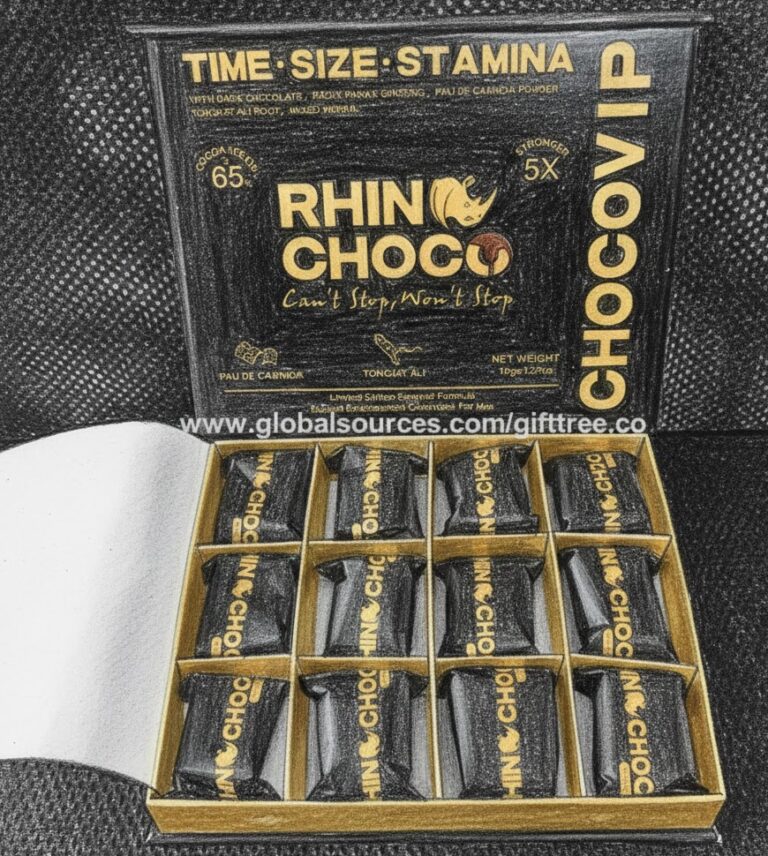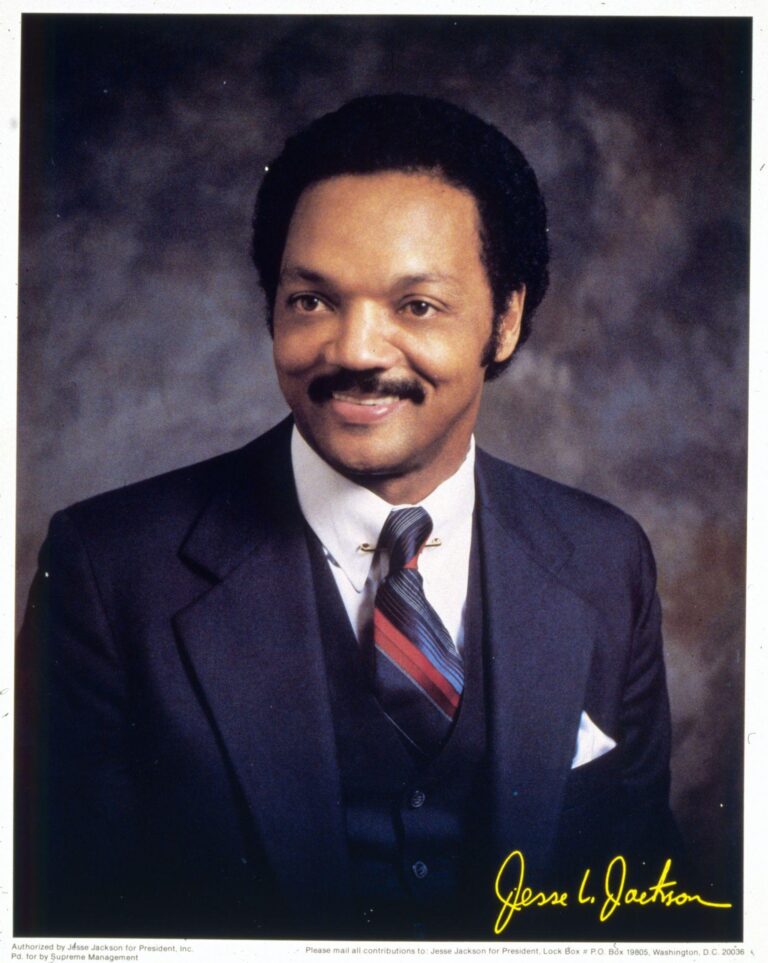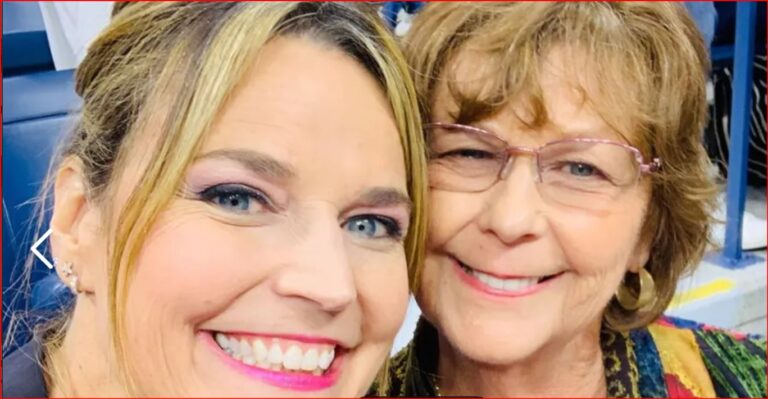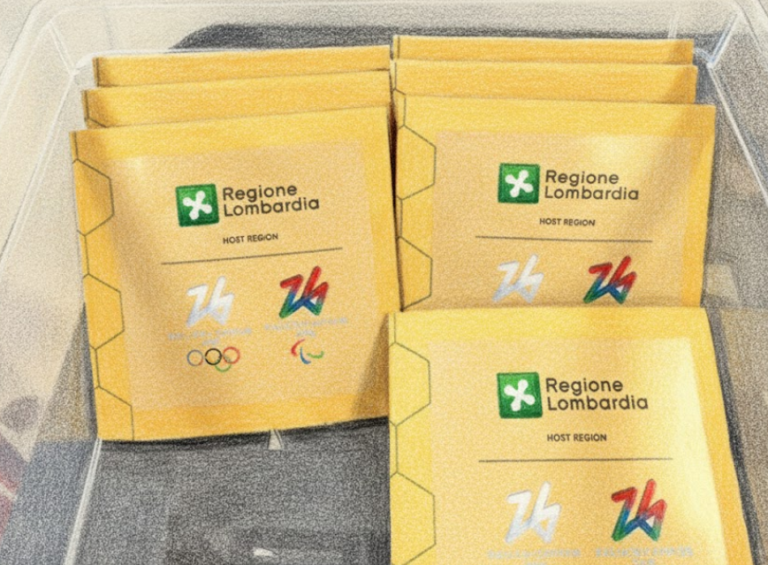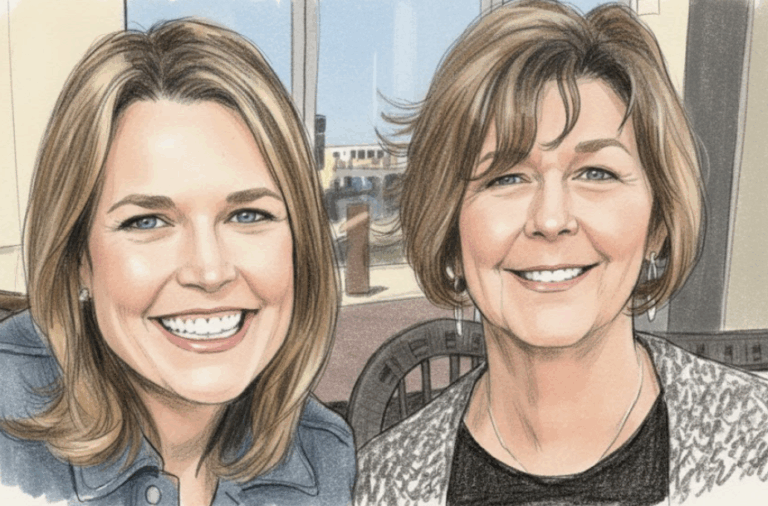Kelly Warner Law Firm Blames USA Herald for Arizona Bar Investigation
4/18/17 The Washington Post exposes another questionable Kelly Warner filing that involves former NFL Cheerleader Megan Welter: https://www.washingtonpost.com/news/volokh-conspiracy/wp/2017/04/18/another-trick-to-try-to-get-mainstream-media-articles-deindexed-by-google/?utm_term=.22e9e1615271 4/20/17 The USA…
By – USA HeraldAaron Kelly Law Firm Resorts To Attacking Former Client Again On KellyWarnerLaw.com – Pattern Recognized
In the affidavit, which was apparently signed by “Barri Grossman,” Grossman admits to all liability for the posting and absolved…
By – Jeff WattersonArizona Bar Opens Investigation on Attorney Aaron Kelly
Volokh, as part of his investigative work, had a private investigator research the defendants in some of theallegedly fraudulent…
By – Paul O'NealUS Military Reportedly Used Claude (Anthropic AI model) in Iran Strike Operations Despite Policy Ban
The dispute intensified after statements from U.S. political leadership criticizing the company. Former U.S. president Donald Trump publicly described Anthropic…
By – Tyler BrooksIs This the Beginning of the End of Xbox? Revenue Drop, AI Pivot, and Console Future Spark ‘Sunset’ Debate Among Gamers
Gaming analysts believe the business landscape is evolving. Traditional console markets are facing growing competition from cloud services, mobile entertainment,…
By – Ahmed BoughallebJim Carrey Clone Theory Goes Viral After Paris Awards Appearance: ‘Is That Really Him?’ — Online Fans Question “Body Double” Claim, Eye Color Shift, and Facial Changes Spark Heated Debate
What Is the “Clone” or Body Double Theory About? The viral theory claims that the actor may have been replaced…
By – Ahmed BoughallebCardinal Reportedly Brought Mobile Phone Into Secret Vatican Conclave That Chose Pope Leo XIV
The conclave ultimately elected the first American pope in history, formerly Cardinal Robert Prevost, in a result that surprised many…
By – Tyler BrooksGameStop Reportedly Exploring Major Acquisition, With eBay Named as Possible Target
Such a move would dramatically change GameStop’s risk profile, revenue mix, and long-term capital allocation strategy. Mixed Stock Performance Adds…
By – Ahmed BoughallebWhy WhatsApp’s Privacy Policy Is Under Legal Fire in India
The issue gained further momentum when the Supreme Court of India began scrutinizing the policy. During recent hearings, the court…
By – Ahmed BoughallebUS Military Reportedly Used Claude (Anthropic AI model) in Iran Strike Operations Despite Policy Ban
The dispute intensified after statements from U.S. political leadership criticizing the company. Former U.S. president Donald Trump publicly described Anthropic…
By – Tyler BrooksIs This the Beginning of the End of Xbox? Revenue Drop, AI Pivot, and Console Future Spark ‘Sunset’ Debate Among Gamers
Gaming analysts believe the business landscape is evolving. Traditional console markets are facing growing competition from cloud services, mobile entertainment,…
By – Ahmed BoughallebJim Carrey Clone Theory Goes Viral After Paris Awards Appearance: ‘Is That Really Him?’ — Online Fans Question “Body Double” Claim, Eye Color Shift, and Facial Changes Spark Heated Debate
What Is the “Clone” or Body Double Theory About? The viral theory claims that the actor may have been replaced…
By – Ahmed BoughallebCardinal Reportedly Brought Mobile Phone Into Secret Vatican Conclave That Chose Pope Leo XIV
The conclave ultimately elected the first American pope in history, formerly Cardinal Robert Prevost, in a result that surprised many…
By – Tyler BrooksGameStop Reportedly Exploring Major Acquisition, With eBay Named as Possible Target
Such a move would dramatically change GameStop’s risk profile, revenue mix, and long-term capital allocation strategy. Mixed Stock Performance Adds…
By – Ahmed BoughallebWhy WhatsApp’s Privacy Policy Is Under Legal Fire in India
The issue gained further momentum when the Supreme Court of India began scrutinizing the policy. During recent hearings, the court…
By – Ahmed BoughallebUS Military Reportedly Used Claude (Anthropic AI model) in Iran Strike Operations Despite Policy Ban
The dispute intensified after statements from U.S. political leadership criticizing the company. Former U.S. president Donald Trump publicly described Anthropic…
By – Tyler BrooksIs This the Beginning of the End of Xbox? Revenue Drop, AI Pivot, and Console Future Spark ‘Sunset’ Debate Among Gamers
Gaming analysts believe the business landscape is evolving. Traditional console markets are facing growing competition from cloud services, mobile entertainment,…
By – Ahmed BoughallebJim Carrey Clone Theory Goes Viral After Paris Awards Appearance: ‘Is That Really Him?’ — Online Fans Question “Body Double” Claim, Eye Color Shift, and Facial Changes Spark Heated Debate
What Is the “Clone” or Body Double Theory About? The viral theory claims that the actor may have been replaced…
By – Ahmed BoughallebCardinal Reportedly Brought Mobile Phone Into Secret Vatican Conclave That Chose Pope Leo XIV
The conclave ultimately elected the first American pope in history, formerly Cardinal Robert Prevost, in a result that surprised many…
By – Tyler BrooksGameStop Reportedly Exploring Major Acquisition, With eBay Named as Possible Target
Such a move would dramatically change GameStop’s risk profile, revenue mix, and long-term capital allocation strategy. Mixed Stock Performance Adds…
By – Ahmed BoughallebWhy WhatsApp’s Privacy Policy Is Under Legal Fire in India
The issue gained further momentum when the Supreme Court of India began scrutinizing the policy. During recent hearings, the court…
By – Ahmed BoughallebJim Carrey Clone Theory Goes Viral After Paris Awards Appearance: ‘Is That Really Him?’ — Online Fans Question “Body Double” Claim, Eye Color Shift, and Facial Changes Spark Heated Debate
What Is the “Clone” or Body Double Theory About? The viral theory claims that the actor may have been replaced…
By – Ahmed BoughallebNASA Pushes Lunar Return to 2028 Amid Artemis Program Timeline Revision
The revised Artemis III flight will serve primarily as a systems verification mission, testing docking procedures and integration capabilities with…
By – Ahmed BoughallebU.S. And Israel Launch Major Strikes On Iran — What It Means For America
A World on Edge The strikes have stirred bipartisan debate in Washington, with some lawmakers praising decisive action and others warning…
By – Samuel LopezU.S. Court of Appeals for the Ninth Circuit Overturns $8M Asbestos Verdict Against BNSF Railway Co.
Writing for the panel, U.S. Circuit Judge Morgan B. Christen concluded that BNSF’s actions fell squarely within that exception. Federal…
By – Tyler BrooksMissing DNA Evidence May Limit Investigation Into Nancy Guthrie Case, Sources Suggest
As the investigation enters its fourth week, authorities have not publicly identified any suspect or person of interest. Law enforcement…
By – Ahmed BoughallebGrand Theft Auto 6 Targets November 2026 Launch as Price Leak Fuels $100 Debate
Rockstar’s parent company, Take-Two Interactive, has not issued formal confirmation regarding final pricing. A Billion-Dollar Production Reports suggest GTA 6…
By – Ahmed BoughallebIs This the Beginning of the End of Xbox? Revenue Drop, AI Pivot, and Console Future Spark ‘Sunset’ Debate Among Gamers
Gaming analysts believe the business landscape is evolving. Traditional console markets are facing growing competition from cloud services, mobile entertainment,…
By – Ahmed BoughallebJim Carrey Clone Theory Goes Viral After Paris Awards Appearance: ‘Is That Really Him?’ — Online Fans Question “Body Double” Claim, Eye Color Shift, and Facial Changes Spark Heated Debate
What Is the “Clone” or Body Double Theory About? The viral theory claims that the actor may have been replaced…
By – Ahmed BoughallebCardinal Reportedly Brought Mobile Phone Into Secret Vatican Conclave That Chose Pope Leo XIV
The conclave ultimately elected the first American pope in history, formerly Cardinal Robert Prevost, in a result that surprised many…
By – Tyler BrooksGameStop Reportedly Exploring Major Acquisition, With eBay Named as Possible Target
Such a move would dramatically change GameStop’s risk profile, revenue mix, and long-term capital allocation strategy. Mixed Stock Performance Adds…
By – Ahmed BoughallebWhy WhatsApp’s Privacy Policy Is Under Legal Fire in India
The issue gained further momentum when the Supreme Court of India began scrutinizing the policy. During recent hearings, the court…
By – Ahmed BoughallebOil Prices Surge After U.S.–Iran Strikes Raise Fears of Global Supply Disruptions
By – Tyler Brooks
FDA Announces Recall of Rhino Choco VIP 10X Supplement After Undeclared Erectile Dysfunction Drug Found in Chocolate Product
Individuals with diabetes, heart disease, high cholesterol or high blood pressure are particularly vulnerable, as many patients in these groups…
By – Ahmed BoughallebWhen The Files Are Finally Unsealed The Most Mind-Bending Truth May Not Be What We Expect
[USA HERALD] – There is a widespread assumption that if governments release their most highly classified files related to unidentified…
By – Samuel LopezCivil Rights Icon Rev. Jesse Jackson Dies at 84 As President Trump Issues Personal Tribute
From Civil Rights Marches to Presidential Campaigns Jackson was not merely a witness to history — he sought to shape…
By – Samuel LopezClues to Savannah Guthrie Missing Mom’s Disappearance Found on Security System
Savannah Guthrie Questions New Security System Footage The footage captured by the home’s “Security System” has become a focal point…
By – Jackie AllenMike Tyson Urges Americans to ‘Eat Real Food’ in Emotional Super Bowl Ad Highlighting Health Risks
Boxing legend Mike Tyson is using his platform ahead of Super Bowl 60 to address a personal and national health…
By – Tyler BrooksDeadly “Death Cap” Mushrooms in California Cause Multiple Deaths and Liver Transplants Amid Rare Super Bloom
California health officials are warning the public after four deaths and three liver transplants linked to the highly toxic death…
By – Ahmed BoughallebCadillac Names Inaugural Formula 1 Car MAC-26 in Tribute to Mario Andretti Ahead of 2026 Australian Grand Prix Debut
Team CEO Dan Towriss described the MAC-26 name as a reflection of Andretti’s pioneering spirit and the broader belief that…
By – Ahmed BoughallebNorway Tops Medal Table After Day 13 at 2026 Winter Olympics as Team USA Surges Into Second Place
Upcoming Medal Events Medal competition continues Friday, February 20, with several key finals scheduled. Events awarding medals include: Women’s ski…
By – Ahmed BoughallebOlympic Science Explained: How Figure Skaters Spin at Blinding Speeds Without Getting Dizzy
By – Tyler Brooks
Olympic Villages Run Out of Condoms at 2026 Milan-Cortina Games
Condom supplies in the Olympic Villages at the 2026 Winter Games have been temporarily depleted, the Milan-Cortina organizing committee confirmed,…
By – Tyler BrooksArizona Authorities Escalate Search for Savannah Guthrie’s Mom to a Criminal Investigation
No other caregivers or family members are missing, and authorities say the family has been fully cooperative throughout the investigation.…
By – Jackie AllenWhat is Aegosexuality?
An aegosexual person might enjoy sexual thoughts, fantasies, or erotic material — but without imagining themselves as an active participant.…
By – Jackie AllenNo posts found.
No posts found.
 No comments yet. Be the first to comment!
No comments yet. Be the first to comment!

